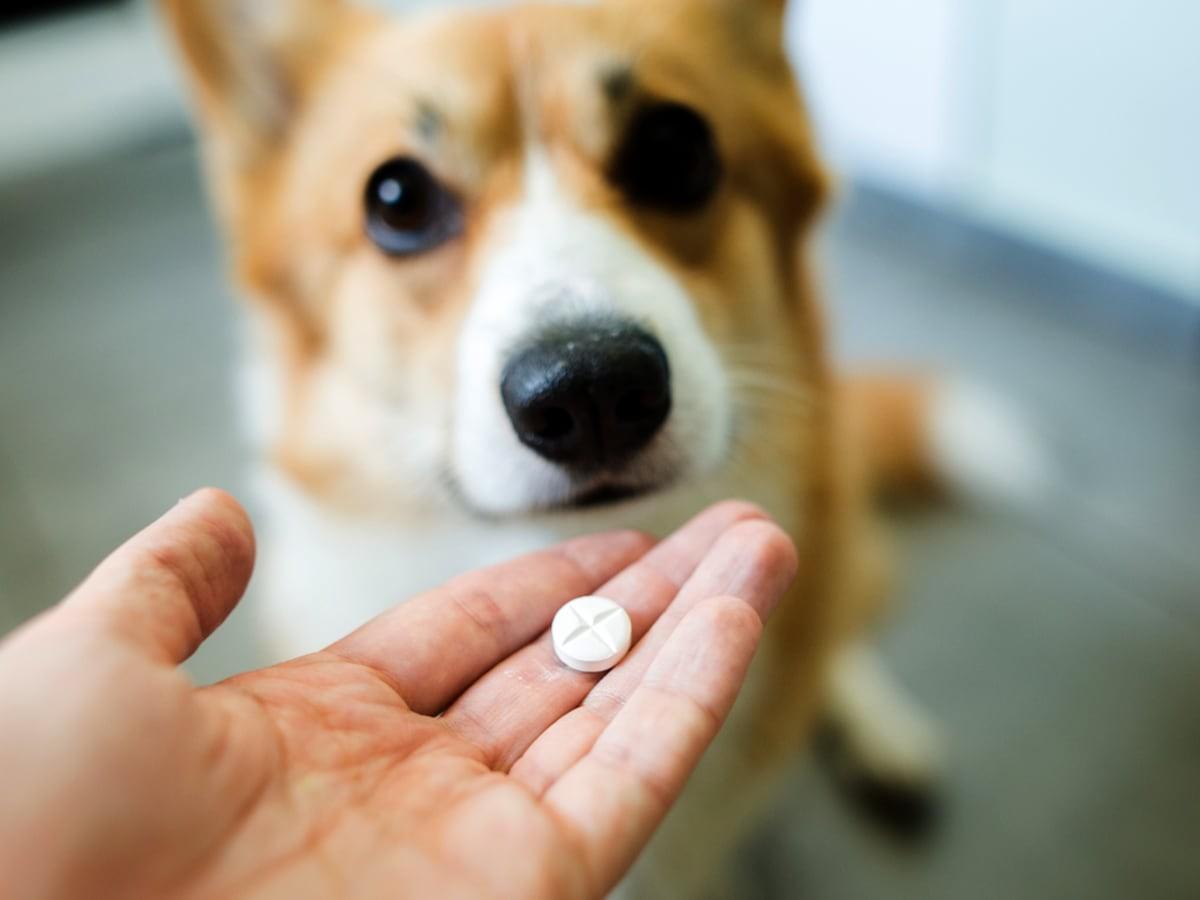Owning a pet can be one of the most rewarding things we do in our lifetimes, but it is not an easy job or role to have. Even if we hone in and only talk about the medical care a pet could need, including the routine vet visits for; vaccinations, initial spaying/neutering, annual checkups, or unexpected accidents or illnesses, vet bills can quickly add up - not to mention the care a fur baby could need as they recover.
Pet parents typically get pet insurance to help cover the unexpected eligible expenses that can come with taking care of their pets. Most policyholders know what’s covered in their policies, but there can be a lot of questions about whether medications are covered. Spot is here to give you the answers.
Will pet Insurance cover the cost of medications?
Yes, some pet insurance plans will cover the cost of prescription medication, but usually only when prescribed by a veterinarian to treat a covered condition. We'll dive further into the details below. Know more about what does pet insurance cover here.
How does pet insurance handle coverage for medications?
Let’s say you have an ‘Accident-only’ plan, and your pet has got into a covered accident. Whichever medications your vet prescribes to treat your pet for that accident could be covered by your provider per the terms of your policy. Similarly, in the case of an accident and illness plan, the prescriptions prescribed by a vet to treat illnesses covered under your plan could also be covered by your provider. Learn more about how to submit a pet insurance claim.
Which medications are not covered by pet insurance?
As mentioned earlier, it is important to understand that not all medication will be covered under your pet insurance plan. Apart from the plan you've chosen, other factors can play into whether a certain medication is covered. These factors can include –
Preventive Medication – There is a difference between medication used to treat or manage a condition and preventive medication. For e.g., Heartworm medication, flea and tick medication, and flea and tick medication, and vaccinations are all preventive medications given to pets so that they develop immunity against certain illnesses.
Generally, these kinds of preventive medications are not covered under a base plan, such as an accident-only or an accident-and-illness plan. However, certain pet insurance providers, including Spot, offer preventive care add-ons that will help cover the eligible costs of these preventive medications. Learn more about preventive care.
Pre-existing conditions – Most providers don’t cover pre-existing conditions. A pre-existing condition is defined as any illness or injury that showed symptoms or occurred before the pet was enrolled in a pet insurance plan or that occurred during a waiting period. Any medication required for treating these pre-existing conditions, even if prescribed by a licensed vet, usually won’t be covered by a pet insurance policy.
Over-the-counter medications (OTC) - Some pet parents choose to treat their pets using OTC medications. Because these medications were not prescribed by a licensed veterinarian, they usually are not eligible for coverage. Use an abundance of caution before giving your pet any medication not prescribed by their vet.
How can Spot Pet Insurance Help?
At Spot, we understand you, your pet, and what you need to take the best care of your pet. When your pet falls unexpectedly sick or gets into an accident, your vet may prescribe medication, prescription food, or supplements to help them recover faster. Spot plans can cover the eligible costs of prescription food, medications, and supplements as long as they're prescribed by a licensed vet to treat a covered condition and not for general health or weight maintenance.
Spot plans can also help cover -
Alternate therapies – There may be times when your vet may recommend alternate therapies like acupuncture, hydrotherapy, or stem cell therapy. Both our accident-only and accident and illness plans help cover the eligible cost of these treatments, given they are performed by a licensed veterinarian to treat a condition covered in the plan.
IV fluids - IV fluids help to keep a pet hydrated while sedated for a surgical procedure or other covered conditions. IV fluids are also covered under our plans.
Pre-existing conditions – If your pet experienced a medical condition in the past and has remained treatment-free and symptom-free for at least 180 days, it will no longer be considered a pre-existing condition, and your plan can offer coverage for the condition. Knee or ligament injuries are an exception to this rule.
Hereditary conditions – Hereditary conditions like hip dysplasia, lymphoma, patellar luxation, etc., are also covered in Spot pet insurance plans, so long as they are not pre-existing.
Conclusion
While base plans typically do not cover the cost of preventive care medications, they can cover the eligible cost of medications prescribed by a licensed vet to treat a covered condition. Some providers offer preventive or wellness add-that can help cover the cost of certain preventive care medications.
The information presented in this article is for educational and informational purposes only and does not constitute or substitute for the advice of your veterinarian.
